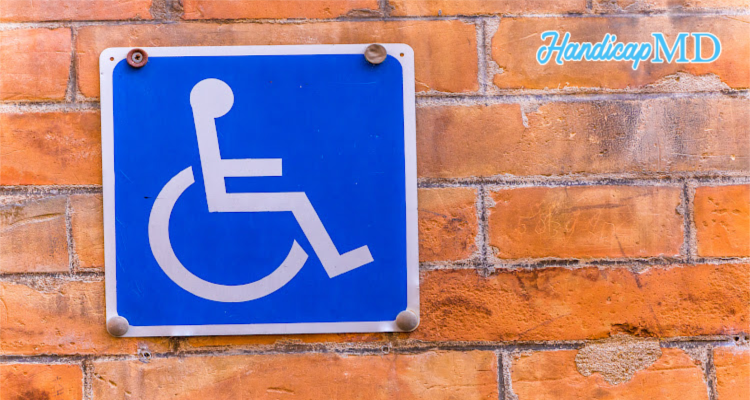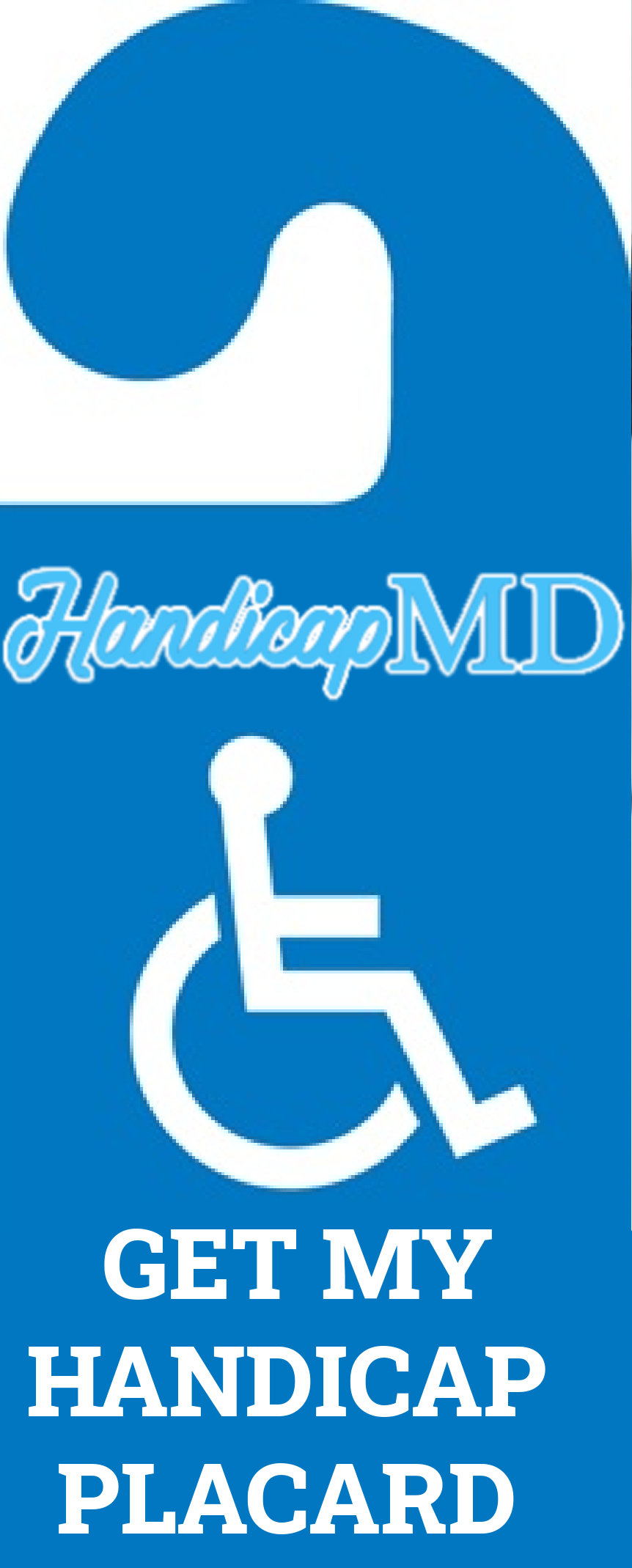
Understanding the Eligibility Criteria for a Handicap Placard in New Hampshire
Disability passes play a crucial role in ensuring accessibility and convenience for individuals with disabilities. These tags, often displayed on vehicles, grant special privileges such as accessible parking and other accommodations. However, not everyone is eligible for a pass, and the criteria vary from state to state. In this article, we'll delve into the eligibility criteria for obtaining a handicap placard in New Hampshire.
What is a Handicap Placard?
A handicap placard, also known as a disability tag or accessible permit, is a special designation provided to individuals with qualifying disabilities. This allows holders to park in designated accessible parking spaces and provides other privileges to facilitate easier access to essential services and amenities.
Purpose of Placards
The primary purpose of disability permits is to ensure that individuals with disabilities have equal access to public spaces and services. These are instrumental in providing accommodation and support to those who may face mobility challenges or other impairments.
Accessible Parking
One of the key privileges associated with a pass is access to designated accessible parking spaces. These spaces are strategically located near entrances to buildings and facilities, making it easier for individuals with disabilities to access them.
Special Privileges
In addition to parking benefits, these special passes may also provide other privileges such as exemption from certain tolls, extended parking times, or access to restricted areas during events or emergencies.
Eligibility Criteria
To qualify for a New Hampshire handicap placard, individuals must meet specific eligibility criteria established by the state issuing the tag. These criteria typically revolve around the nature and severity of the individual's disability.
Medical Conditions
Eligibility is often based on the presence of qualifying medical conditions. These may include physical disabilities, visual impairments, chronic illnesses, or other conditions that significantly impact mobility or independence.
Documentation Required
Applicants are usually required to provide documentation from a qualified healthcare professional confirming their disability and the need for special accommodations. This documentation may include medical records, physician's statements, or other relevant evidence.
Understanding NH's Handicap Placard Criteria
In NH, the eligibility criteria for obtaining an accessible tag are defined by state law and regulations. These criteria outline the requirements that applicants must meet to qualify for a disability tag in the state.
Residency Requirements
To be eligible for a handicap pass in NH, applicants must be residents of the state. Proof of residency, such as a driver's license or state ID, may be required as part of the application process.
Qualifying Conditions
New Hampshire recognizes a range of medical conditions that may qualify individuals. These include but are not limited to:
- Mobility impairments
- Visual impairments
- Chronic illnesses
- Respiratory conditions
- Neurological disorders
Applicants must demonstrate that their condition meets the state's criteria for disability status.
How to Apply
The process of applying involves several steps, including completing an application form and providing supporting documentation.
Application Process
Applicants must obtain an Application for a Handicapped Plate/Placard (Form DSMV 27) from the New Hampshire Division of Motor Vehicles (DMV). This form can be downloaded from the DMV website or obtained in person at a DMV office.
Required Forms
In addition to the application form, applicants must submit supporting documentation from a licensed healthcare provider confirming their disability. This documentation should clearly state the nature of the disability and the need for special accommodations.
Evaluation Process
Once the application and supporting documentation are submitted, they are reviewed by the DMV to determine eligibility.
Review of Documentation
DMV staff will carefully review the submitted documentation to ensure that it meets the state's criteria for disability status. This may involve verifying the authenticity of medical records and consulting with healthcare professionals if necessary.
Verification of Eligibility
If the applicant's condition is confirmed and meets the state's criteria, a special permit will be issued. The tag will display the individual's name and other relevant information, along with an expiration date.
Issuance of Handicap Placards
These special passes are typically valid for a specified period, after which they must be renewed.
Duration
The duration varies depending on the individual's circumstances and the nature of their condition. Tags may be issued for periods ranging from six months to several years, with the option to renew as needed.
Renewal Process
To renew, individuals must submit a renewal application along with updated documentation confirming their continued eligibility. Renewal notices are typically sent out prior to the expiration date to remind authorized holders to renew their tags in a timely manner.
Rights and Responsibilities
While these accessible passes provide important privileges and accommodations, authorized holders also have certain rights and responsibilities to uphold.
Proper Use of Tag
They should only be used by the individual to whom they are issued and only for the purposes outlined by state law. Misuse of the permit, such as allowing someone else to use it or using it for unauthorized purposes, may result in fines or penalties.
Consequences of Misuse
Individuals found to be misusing the special pass may face consequences such as fines, loss of tag privileges, or legal action. It is important for authorized holders to use their tags responsibly and in accordance with state regulations.
Frequently Asked Questions
What medical conditions qualify for a tag?
The eligibility criteria vary by state but may include physical disabilities, visual impairments, chronic illnesses, and other conditions that significantly impact mobility or independence.
Can out-of-state residents apply for a pass in NH?
No, applicants must be residents of NH to qualify for a pass issued by the state.
How long does it take to process a tag application?
The processing time for an application varies but typically takes a few weeks from the time the application and supporting documentation are submitted.
Is there a fee for obtaining a pass?
There may be a fee associated, although the exact amount varies depending on the type of tag and other factors.
Can a tag be transferred to another individual?
No, handicap placards are non-transferable and should only be used by the individual to whom they are issued.
Conclusion
In conclusion, understanding the eligibility criteria for a handicap placard in New Hampshire is essential for individuals seeking to access the benefits and privileges associated with these tags. By meeting the necessary criteria and following the application process outlined by the state, eligible individuals can obtain a special permit to facilitate easier access to essential services and amenities.
.png)






